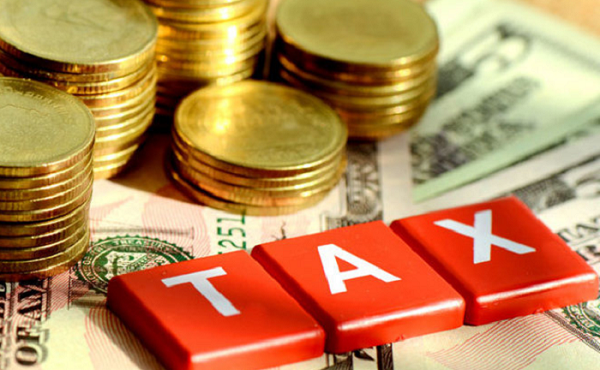Taxation

Today, I focus on taxation. Taxes are the backbone of the economy of a country. Through taxes countries increase revenue for development.
Taxes are used generally to support education, in the building of schools and other educational facilities, paying salaries of public workers, to provide health services, build other infrastructure such as roads, etc.
Widening the tax net
Governments always try to widen the tax net in order to raise more revenue to be able to provide public services to their citizens and for nation building.
There are different kinds of taxes in different countries. Most advanced countries have strong mechanisms to capture majority of the population in the payment of taxes.
African countries and other less developed ones are generally seen as having tax systems with loopholes and tax exemptions that allow many potential tax payers to evade being taxed.
Attitude towards taxes
Paying taxes can be something that people may not freely do if they had their way. Even in the advanced countries, not everyone is thrilled about paying taxes.
Education by the authorities can help people, especially the common folks, about the benefits of taxation.
And many people find consolation in the fact that the taxes they pay enable a wide array of public services available to citizens.
Translating taxes into benefits (public services)
In Finland, parliamentary elections are conducted every four years and one of the key issues voters always have in mind is the relationship between taxes and public services (see https://finland.fi).
It is said that regardless of the government’s agenda, taxation works within a Nordic tradition of egalitarianism and highly organised pragmatism.
This makes the appetite for the public services to continue in the people.
Members of the Ghanaian Diaspora groups can attest to the different number of taxes they pay in the countries where they live.
They can easily narrate their expertise or experiences in those places.
The E-levy and accountability
Recently, I was thinking about the E-levy and the brouhaha it generated in Ghana, and I can say that my worry was not with whether it would be passed or not.
Rather, I prayed that should it be passed then the real concern for people in our dear country Ghana should be how to ensure that the authorities are truthful about using the revenue that would accrue from it judiciously to provide public services.
I have been thinking about how to discourage the few selfish folks from misappropriating the resources.
I feel that people should rather be educated or encouraged to hold the authorities accountable for every pesewa that comes out of the levy.
No new tax will ever wholly go down well with people. But the trend is always that after the introduction of a new tax and with time people start to change their attitudes once they see that their taxes are being used properly for public services and nation building.
As I have indicated already, I think this should be one of the key concerns for people — how to closely monitor and ensure that the revenue from the levy is used judiciously not misapplied. Thank you!
The writer is a Ghanaian lecturer at the University of Helsinki, Finland
By Perpetual Crentsil













